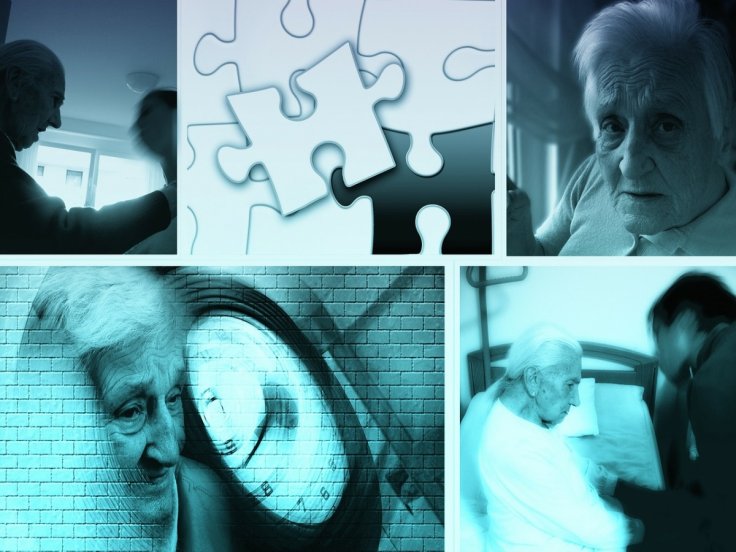
In a first, US researchers have developed a brain pacemaker that could slow down the decline in problem-solving and decision-making skills in patients with Alzheimer's disease.
The brain pacemaker, similar to a cardiac pacemaker device, consists of thin electrical wires that can be surgically implanted into the patients' frontal lobes of the brains via deep brain stimulation.
The findings, published in the Journal of Alzheimer's Disease, showed that patients who underwent the deep brain stimulation had improvement in their cognitive, behavioral and functional abilities.
"We have many memory aids, tools and pharmaceutical treatments to help Alzheimer's patients with memory, but we don't have anything to help with improving their judgments, making good decisions, or increasing their ability to selectively focus attention on the task at hand and avoid distractions," said Douglas Scharre, neurologist at The Ohio State University.
The study found that targeting frontal brain regions can reduce the overall performance decline typically seen in people with mild or early-stage Alzheimer's.
"The frontal lobes are responsible for our abilities to solve problems, organize and plan, and utilize good judgments. By stimulating this region of the brain, the Alzheimer's patients cognitive and daily functional abilities as a whole declined more slowly," Scharre added.
The same technology was successfully used to treat more than 1,35,000 patients worldwide with Parkinson's disease, the researchers said.
"Our findings suggest that frontal network modulation to improve executive and behavioral deficits should be further studied in patients with Alzheimer's disease," said Ali Rezai, a neurosurgeon at the West Virginia University.
According to the World Health Organisation, globally around 50 million people have dementia, and there are nearly 10 million new cases every year.
Alzheimer's disease is the most common form of dementia and may contribute to 60-70 percent of cases.









